Home>Furniture>Kitchen Furniture>How Many BTU Should Stove Burners Have
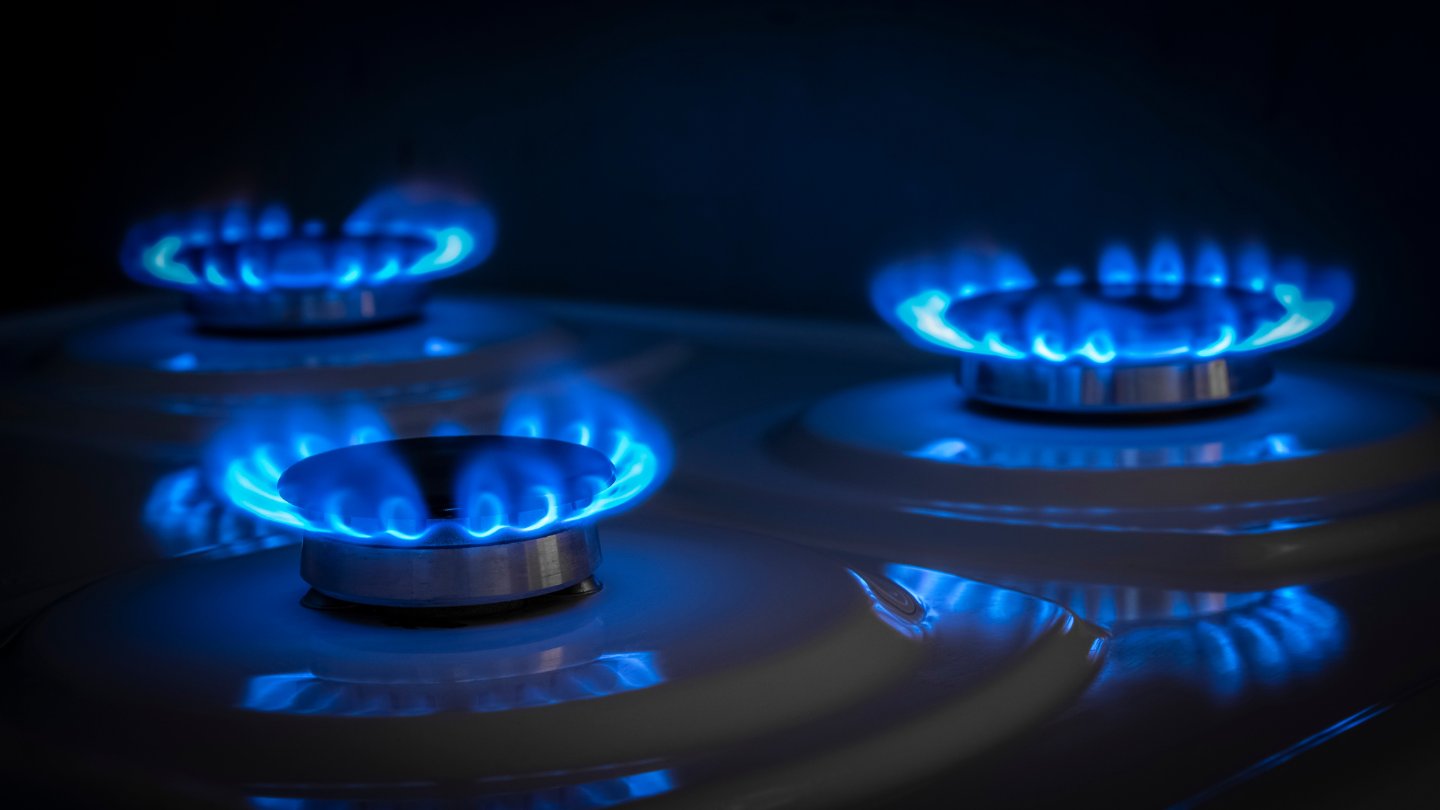

Kitchen Furniture
How Many BTU Should Stove Burners Have
Modified: January 5, 2024
Discover the ideal BTU range for stove burners in our informative articles. Learn how to optimize your cooking experience and achieve perfect results.
(Many of the links in this article redirect to a specific reviewed product. Your purchase of these products through affiliate links helps to generate commission for Storables.com, at no extra cost. Learn more)
Introduction
Choosing the right BTU (British Thermal Unit) for stove burners is vital for achieving optimal cooking results in your kitchen. The BTU rating determines the amount of heat generated by the burner, which directly impacts the cooking time and efficiency. Whether you’re a professional chef or a home cook, understanding the importance of BTU ratings and how to select the appropriate ones for your stove burners is crucial.
In this article, we will explore the factors to consider when determining the BTU for stove burners and discuss the recommended BTU ranges for different types of burners. We will also delve into the potential issues that can arise from using high or low BTU burners and provide tips for selecting the optimal BTU for your cooking needs.
So, if you’ve ever wondered how many BTUs your stove burners should have or why it matters, keep reading to discover everything you need to know about choosing the right BTU for stove burners.
Key Takeaways:
- Choosing the right BTU for stove burners is crucial for faster cooking, precise heat control, energy efficiency, and preventing food burning. Consider cooking style, cookware, kitchen size, and energy efficiency when selecting the appropriate BTU range.
- Burners with excessively high or low BTU ratings can lead to potential issues such as uneven heat distribution, slow heating time, and limitations in cooking flexibility. Striking a balance between heat output and specific cooking needs is essential for optimal results.
Read more: How Many Amps For Stove Burners
Importance of Choosing the Right BTU for Stove Burners
The BTU rating of your stove burners directly impacts the cooking performance and efficiency in your kitchen. Choosing the right BTU is crucial for several reasons:
- Cooking Time: The BTU rating determines how quickly the burner can heat up a pot or pan. Higher BTU burners generate more heat, which leads to faster cooking times. This is particularly important for tasks like boiling water or searing meats, where you want to achieve high temperatures quickly.
- Precision and Control: Different cooking techniques require different heat levels. By having a range of BTU options, you are able to adjust the heat precisely to match the cooking requirements. For example, simmering delicate sauces requires low heat, while stir-frying vegetables necessitates high heat. Having burners with the appropriate BTU range allows for better control and precision in your cooking.
- Energy Efficiency: Using burners with the correct BTU rating promotes energy efficiency in your kitchen. When the burner’s BTU aligns with your cooking needs, you can avoid wasting energy by using excessive heat. This not only helps reduce your energy bills but also minimizes environmental impact.
- Preventing Food Burning: Burners with excessively high BTU ratings can often lead to food burning or scorching. This is especially true for delicate dishes or recipes that require gentle heat. By selecting burners with suitable BTU ratings, you can prevent potential accidents and ensure that your culinary creations turn out perfectly.
Overall, choosing the right BTU for your stove burners is essential for achieving optimal cooking results. It allows for faster cooking times, better control over heat levels, energy efficiency, and prevents food from burning or scorching.
Factors to Consider When Determining BTU for Stove Burners
When determining the BTU for your stove burners, there are several factors to take into consideration. These factors will help you determine the appropriate BTU range for your specific cooking needs. Here are the key factors to consider:
- Cooking Style: Consider the type of cooking you do most frequently. Are you someone who enjoys quick stir-frying or do you prefer slow simmering? Different cooking styles require different heat levels. For high-heat, fast cooking methods like stir-frying, you may want burners with higher BTU ratings. For low-heat cooking techniques like simmering and slow cooking, lower BTU burners are more suitable.
- Cookware: The type and quality of cookware play a crucial role in heat distribution. Heavy-bottomed pans and pots tend to distribute heat more evenly and retain it better. If you have high-quality cookware, you can opt for burners with lower BTU ratings since they will provide sufficient heat for cooking. However, if your cookware is lightweight or has poor heat conductivity, you might need burners with higher BTU ratings to compensate for the heat loss.
- Kitchen Size: Consider the size of your kitchen when determining the BTU for stove burners. In compact kitchens with limited ventilation, high BTU burners can generate excessive heat, leading to discomfort and potential safety hazards. In larger kitchens with adequate ventilation, you have more flexibility in choosing burners with higher BTU ratings.
- Cooking Frequency: Think about how often you cook and the variety of dishes you prepare. If you’re an avid cook who frequently prepares diverse meals, having burners with a range of BTU options can be beneficial. This allows you to customize the heat level based on the specific dish you’re cooking. If you rarely cook or have a limited repertoire of dishes, burners with lower BTU ratings may suffice.
- Energy Efficiency: Consider your desire for energy efficiency. Burners with higher BTU ratings often consume more energy and can lead to higher utility bills. If energy efficiency is a priority for you, opt for burners with lower BTU ratings that can still meet your cooking needs without excessive energy consumption.
By considering these factors, you can make an informed decision about the appropriate BTU range for your stove burners. It’s essential to find the right balance between your cooking style, cookware, kitchen size, cooking frequency, and energy efficiency to ensure optimal cooking performance.
Recommended BTU Ranges for Different Stove Burners
The recommended BTU range for stove burners varies depending on the type of burner and its intended use. Here are some general guidelines for the recommended BTU ranges:
- Small Burners (6,000-9,000 BTUs): Small burners are typically used for low-heat tasks such as simmering, melting chocolate, or keeping food warm. They are ideal for smaller pots and pans and provide gentle heat for delicate cooking.
- Medium Burners (9,000-12,000 BTUs): Medium burners are versatile and can handle a wide range of cooking tasks. They are suitable for sautéing, stir-frying, and boiling. With the right cookware, they can also handle simmering and slow cooking.
- High-Powered Burners (12,000-18,000 BTUs): High-powered burners are designed for intense heat and quick cooking. They are ideal for searing, stir-frying, and rapidly boiling water. These burners are commonly found on professional-grade stoves.
- Power Burners (18,000+ BTUs): Power burners are the heavy-hitters of the stove, providing high heat for rapid boiling, deep frying, and wok cooking. They are perfect for those who frequently cook with large pots and pans or require rapid heat for various culinary techniques.
It’s important to note that these recommendations are general guidelines, and the actual BTU range may vary depending on the specific stove model and brand. Additionally, some stoves may have burners with adjustable BTU ratings, allowing you to customize the heat output based on your cooking needs.
When selecting a stove with multiple burners, it’s beneficial to have a combination of different BTU ratings to accommodate various cooking techniques and utensils. This will provide flexibility in heat control and ensure that each burner serves its intended purpose effectively.
Keep in mind that the BTU range alone is not the only factor to consider when choosing a stove. Heat distribution, burner size, and quality of construction also play significant roles in determining the overall performance of the stove.
Always consult the manufacturer’s guidelines and specifications when selecting a stove to ensure that you choose a model that aligns with your cooking needs and preferences.
When choosing a stove burner, consider the size of your cookware and the type of cooking you do. For most home cooking, burners with 7,000-12,000 BTUs are sufficient for everyday use.
Potential Issues with High or Low BTU Stove Burners
While it’s important to select the appropriate BTU range for your stove burners, using burners with either excessively high or low BTU ratings can lead to potential issues. Let’s take a closer look at the problems that can arise:
- High BTU Burners: Using burners with high BTU ratings can pose the following issues:
- Uneven Heat Distribution: High BTU burners can produce intense heat, which may result in uneven heat distribution across the cooking surface. This can lead to hot spots and cause food to burn or cook unevenly.
- Difficulties with Low Heat Cooking: Burners with high BTU ratings might struggle to provide a low, gentle heat required for tasks like simmering or melting delicate ingredients. You may find it challenging to maintain a consistent low temperature, which can affect the quality of your dishes.
- Increased Energy Consumption: High BTU burners tend to consume more energy, leading to higher utility bills. If you use high BTU burners frequently, it’s important to be mindful of your energy usage to minimize the impact on your wallet and the environment.
- Low BTU Burners: On the other hand, using burners with low BTU ratings can present the following challenges:
- Slow Heating Time: Low BTU burners take longer to heat up pots and pans compared to their higher BTU counterparts. This can extend cooking times, making it less efficient for tasks that require heating rapidly, such as boiling water or searing meats.
- Inadequate Heat for High-Temperature Cooking: Burners with low BTU ratings may struggle to provide the necessary heat for high-temperature cooking techniques like stir-frying or deep-frying. This can adversely affect the results of these dishes, as they require quick and intense heat to achieve the desired texture and flavor.
- Limitations in Cooking Flexibility: If the majority of your burners have low BTU ratings, you may find it challenging to perform various cooking techniques that require different heat levels. Limited heat options may restrict your ability to experiment with different dishes and cooking styles.
To overcome these potential issues, it’s recommended to have a balanced combination of burners with different BTU ratings. This allows you to have the flexibility to match the appropriate heat level to your specific cooking needs and techniques.
Understanding the potential challenges associated with high or low BTU burners can help you make an informed decision when selecting a stove and using the burners effectively for optimal cooking results.
Read more: How Often Should You Clean The Stove Burners
Tips for Selecting the Appropriate BTU for Stove Burners
Choosing the appropriate BTU for your stove burners is essential for optimal cooking performance. Here are some tips to help you make the right decision:
- Consider Your Cooking Style: Reflect on the types of dishes you frequently cook and the cooking techniques you use. If you often engage in high-heat cooking methods like stir-frying or boiling, burners with higher BTU ratings will be beneficial. Conversely, if you prioritize low-heat cooking techniques like simmering or melting, go for burners with lower BTU ratings.
- Evaluate Your Cookware: Take into account the quality and type of cookware you own. Heavy-bottomed pans and pots distribute heat more evenly and retain it better. If you have such cookware, burners with lower BTU ratings can still provide sufficient heat for cooking. However, lightweight or poorly heat-conductive cookware may require burners with higher BTU ratings to compensate for the heat loss.
- Assess your Kitchen Space: Consider the size of your kitchen and the ventilation options. In smaller kitchens with limited ventilation, high BTU burners can create excessive heat, leading to discomfort and safety hazards. If you have a larger kitchen with adequate ventilation, you have more freedom to choose burners with higher BTU ratings.
- Think about Cooking Frequency: Take into account how often you cook and the diversity of recipes you prepare. If you’re an avid cook who frequently experiments with various dishes, having burners with different BTU ratings provides versatility. This allows you to adjust the heat level to match the specific dish you’re cooking. If you seldom cook or have a limited repertoire, burners with lower BTU ratings may suffice.
- Weigh Energy Efficiency: Consider your preference for energy efficiency. Higher BTU burners tend to consume more energy, which can lead to higher utility bills. If energy efficiency is important to you, opt for burners with lower BTU ratings that are still capable of meeting your cooking needs without excessive energy consumption.
Additionally, do thorough research on different stove models and brands. Look for customer reviews and seek expert advice to gain insights into the performance and quality of the stove burners. Compare BTU ratings of different models and choose one that aligns with your cooking requirements.
Lastly, always refer to the manufacturer’s guidelines and specifications to ensure that you select a stove with burners that provide the appropriate BTU rating for your desired cooking experience.
By considering these tips and factors, you can make an informed decision when selecting the appropriate BTU for your stove burners. This will ensure optimal cooking performance and enhance your culinary creations.
Conclusion
Choosing the right BTU for your stove burners is essential for achieving optimal cooking results in your kitchen. The BTU rating directly affects cooking time, precision, energy efficiency, and prevents potential issues such as food burning. By considering factors such as cooking style, cookware, kitchen size, cooking frequency, and energy efficiency, you can determine the appropriate BTU range for your stove burners.
Having burners with a combination of different BTU ratings allows for flexibility in heat control and accommodates various cooking techniques and utensils. Small burners with lower BTU ratings are ideal for low-heat tasks, while medium burners cater to a wide range of cooking needs. High-powered burners and power burners offer intense heat for quick cooking and specialized techniques.
Remember that using burners with excessively high or low BTU ratings can lead to potential issues, such as uneven heat distribution or inadequate heat for certain cooking techniques. It’s important to strike a balance between heat output and your specific cooking needs to achieve the best results.
When selecting a stove, take into account your cooking style, evaluate your cookware, assess your kitchen space, consider cooking frequency, and weigh energy efficiency. Research different stove models, read customer reviews, and consult expert advice to make an informed decision based on your requirements.
By following these tips and guidelines, you can select the appropriate BTU for your stove burners, leading to efficient cooking, precise heat control, and ultimately, delicious meals. The right BTU rating ensures that your stove burners work harmoniously with your cooking style, enhancing your culinary experience in the kitchen.
So, whether you’re a professional chef or a home cook, be sure to give due consideration to the BTU rating when selecting your stove burners. With the right BTU, you’ll be equipped to conquer the kitchen and create exceptional dishes with ease.
Frequently Asked Questions about How Many BTU Should Stove Burners Have
Was this page helpful?
At Storables.com, we guarantee accurate and reliable information. Our content, validated by Expert Board Contributors, is crafted following stringent Editorial Policies. We're committed to providing you with well-researched, expert-backed insights for all your informational needs.
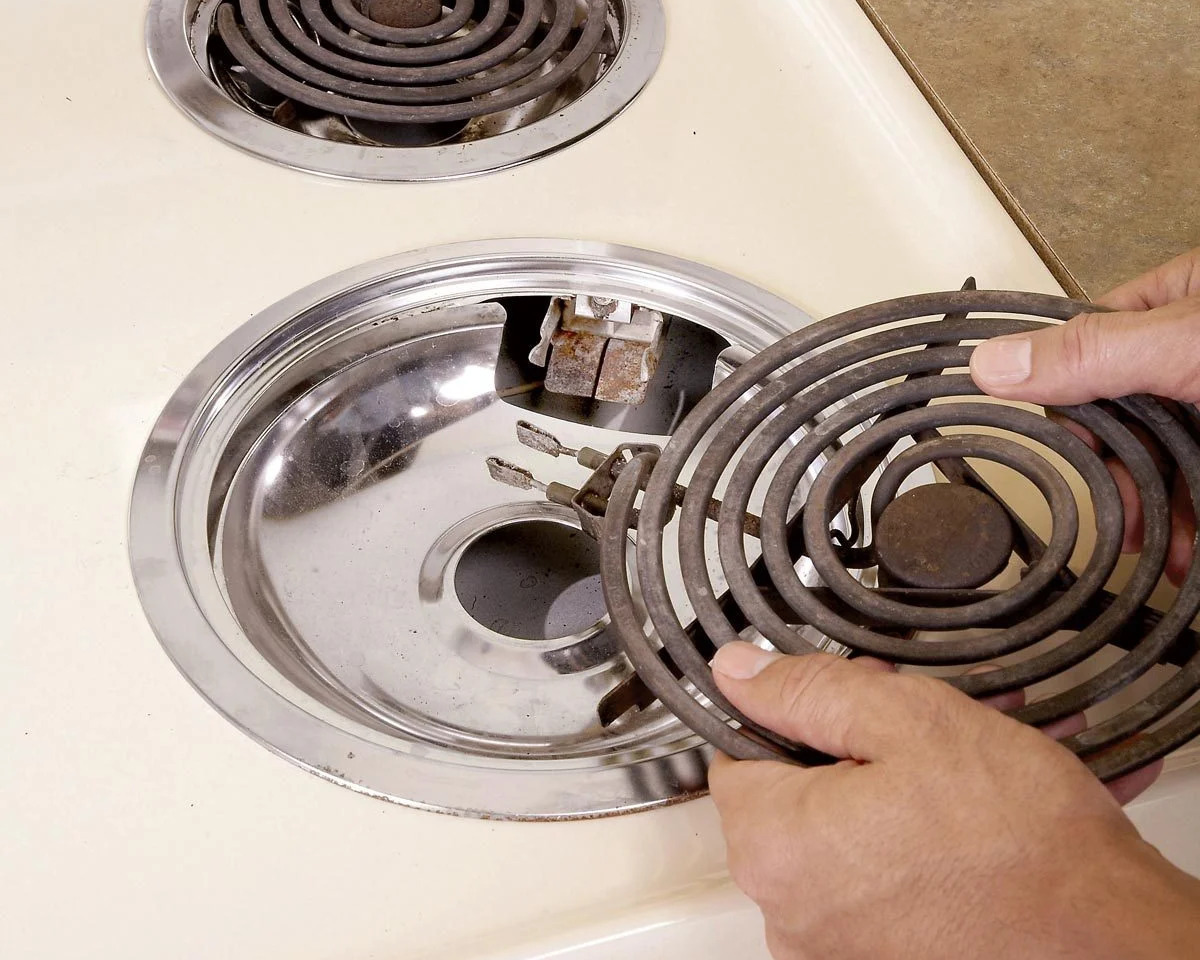
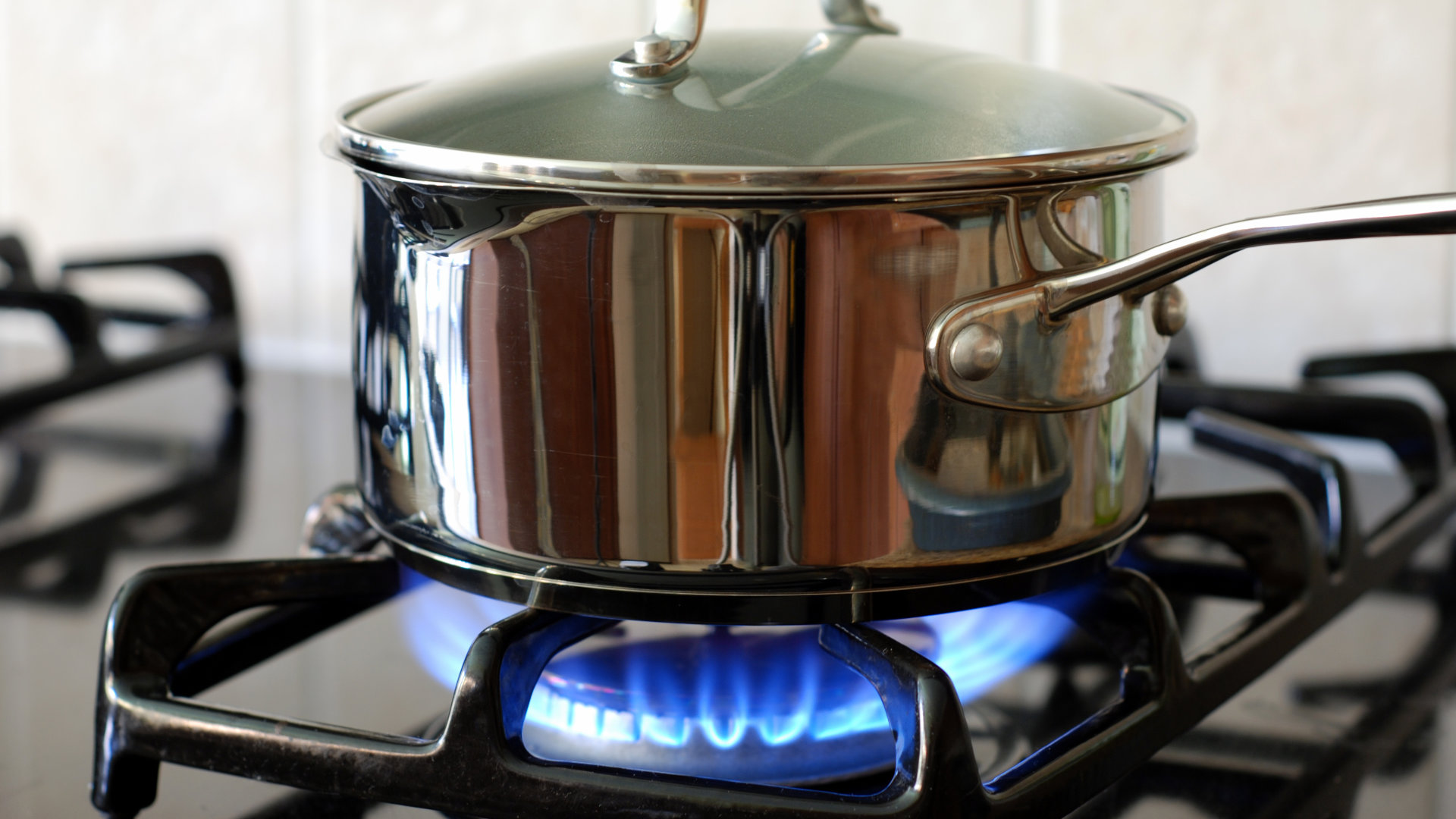
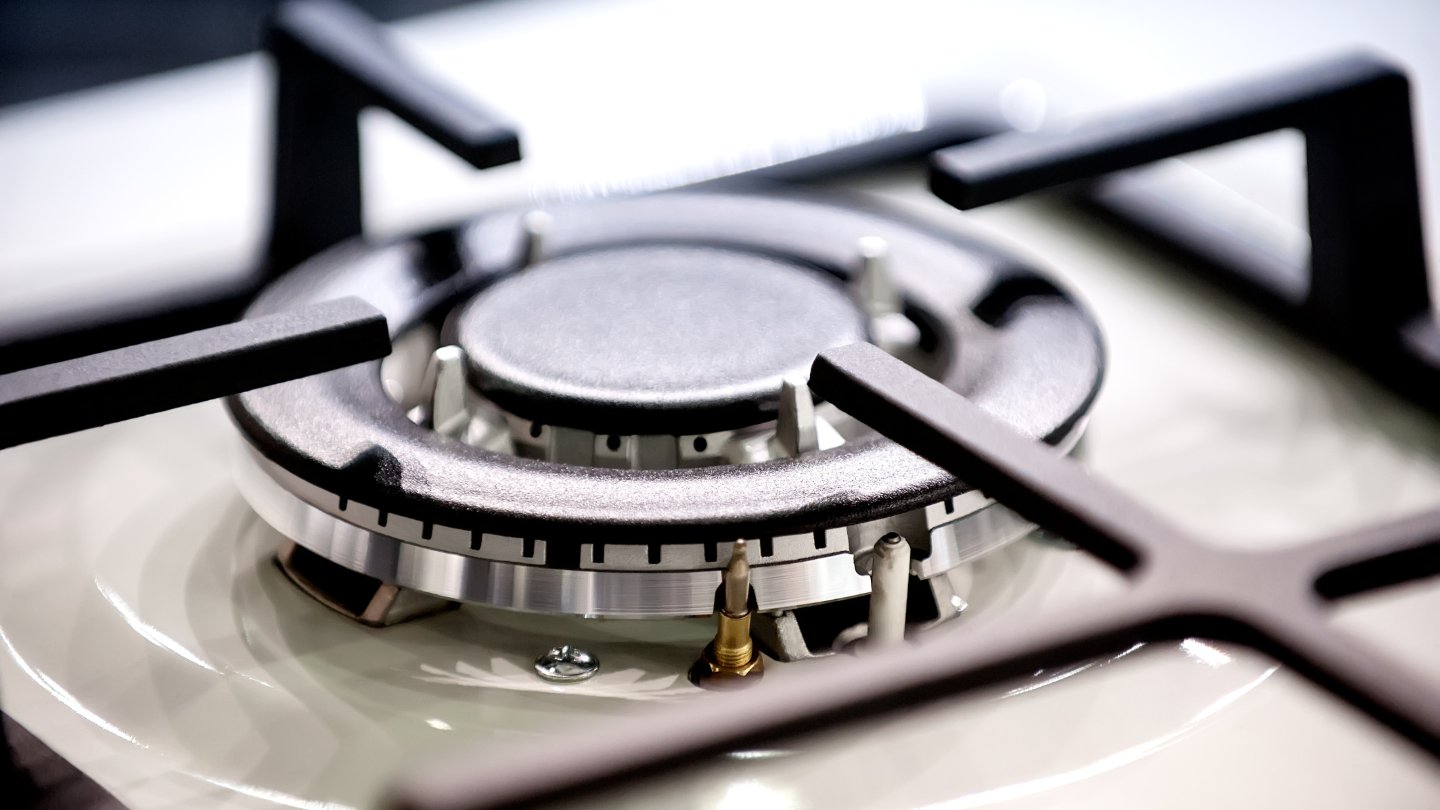
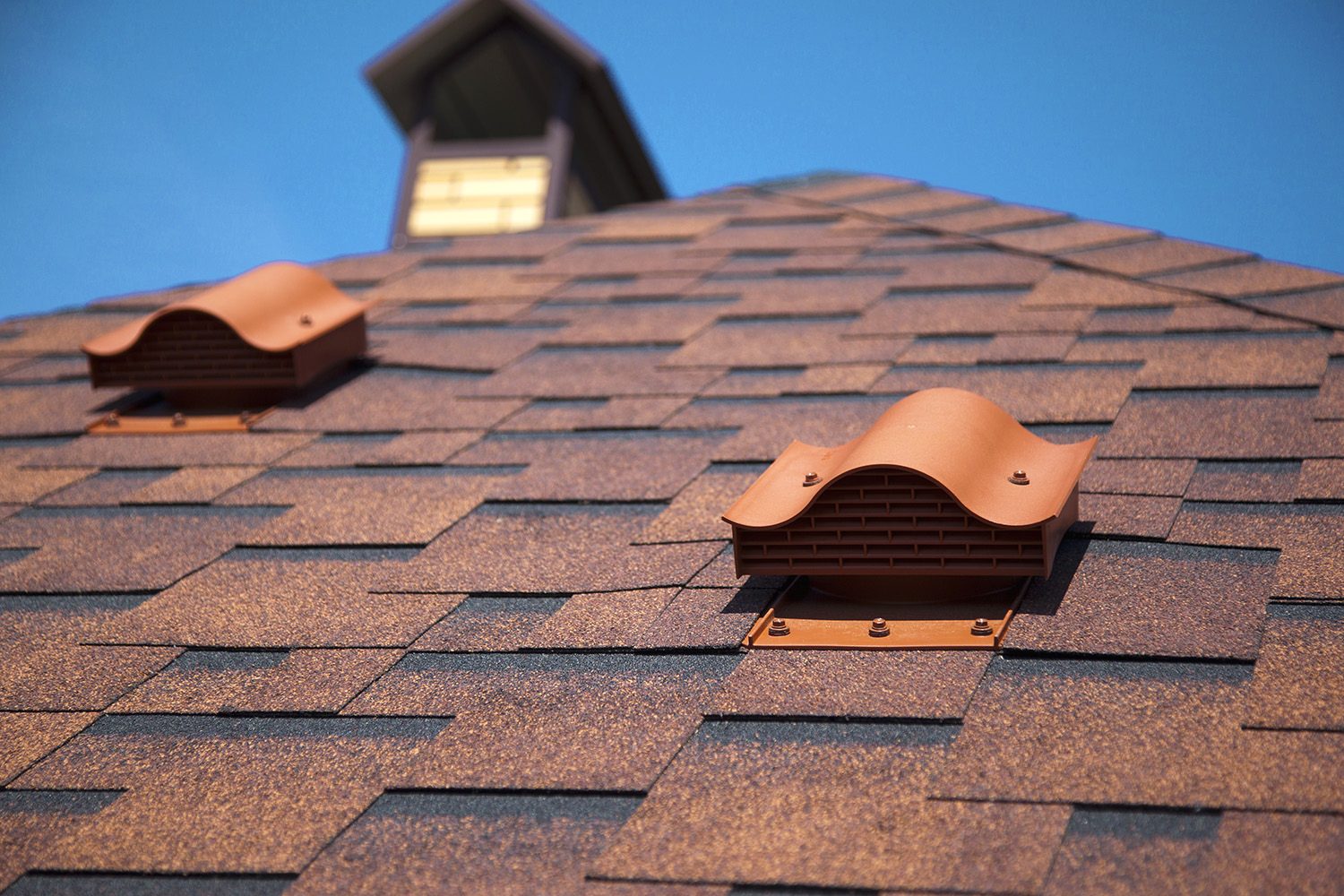
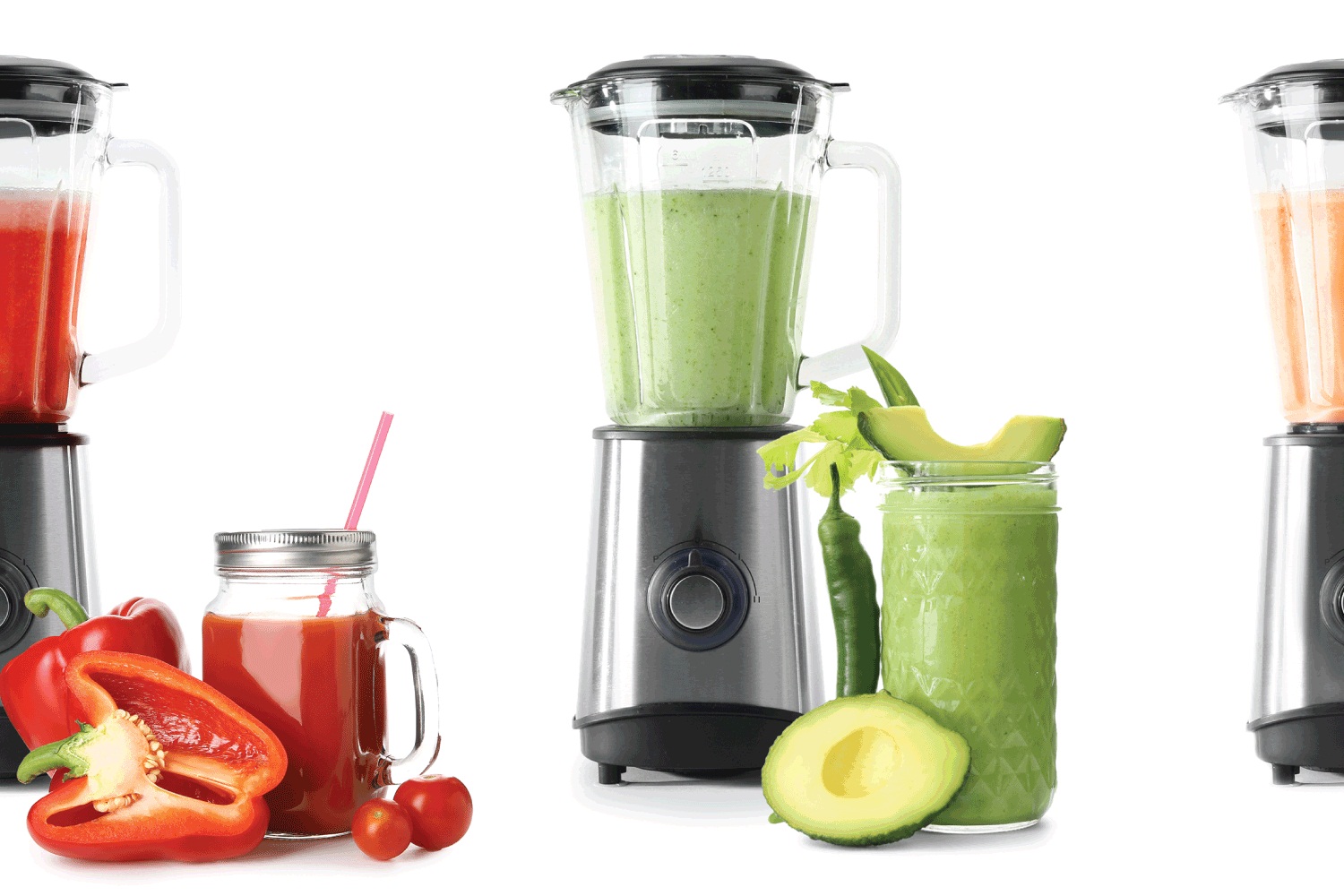
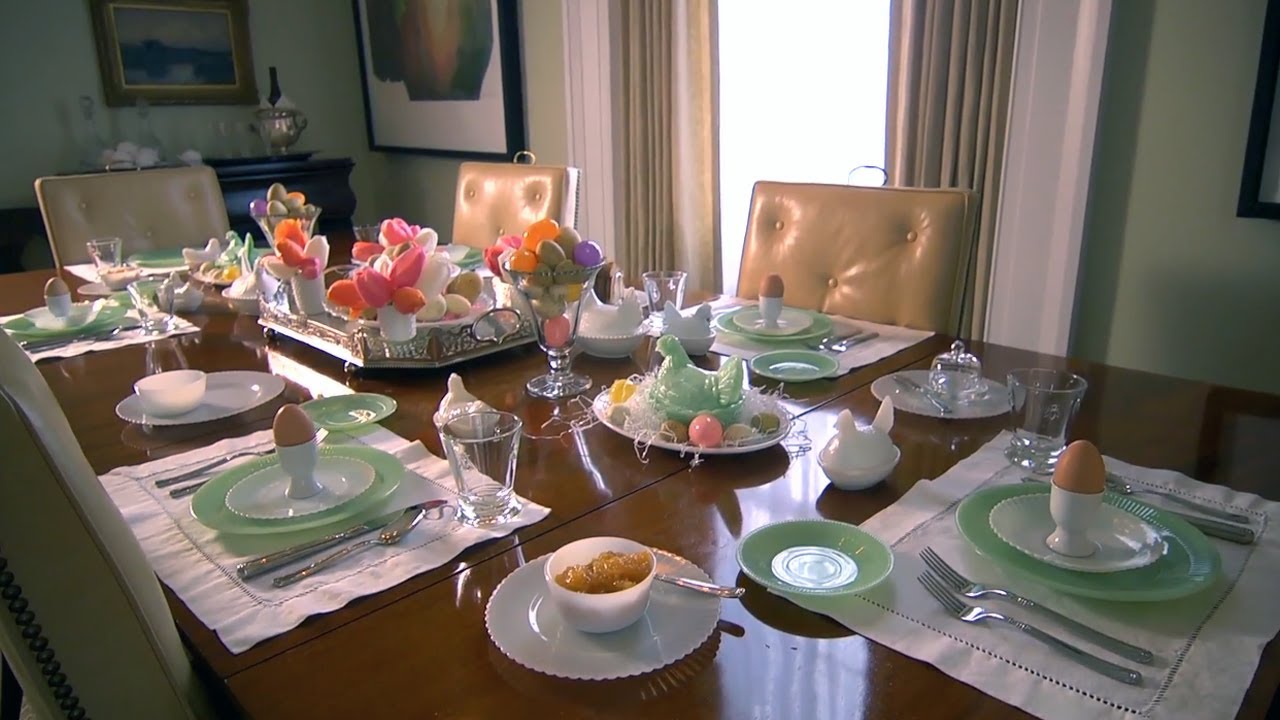
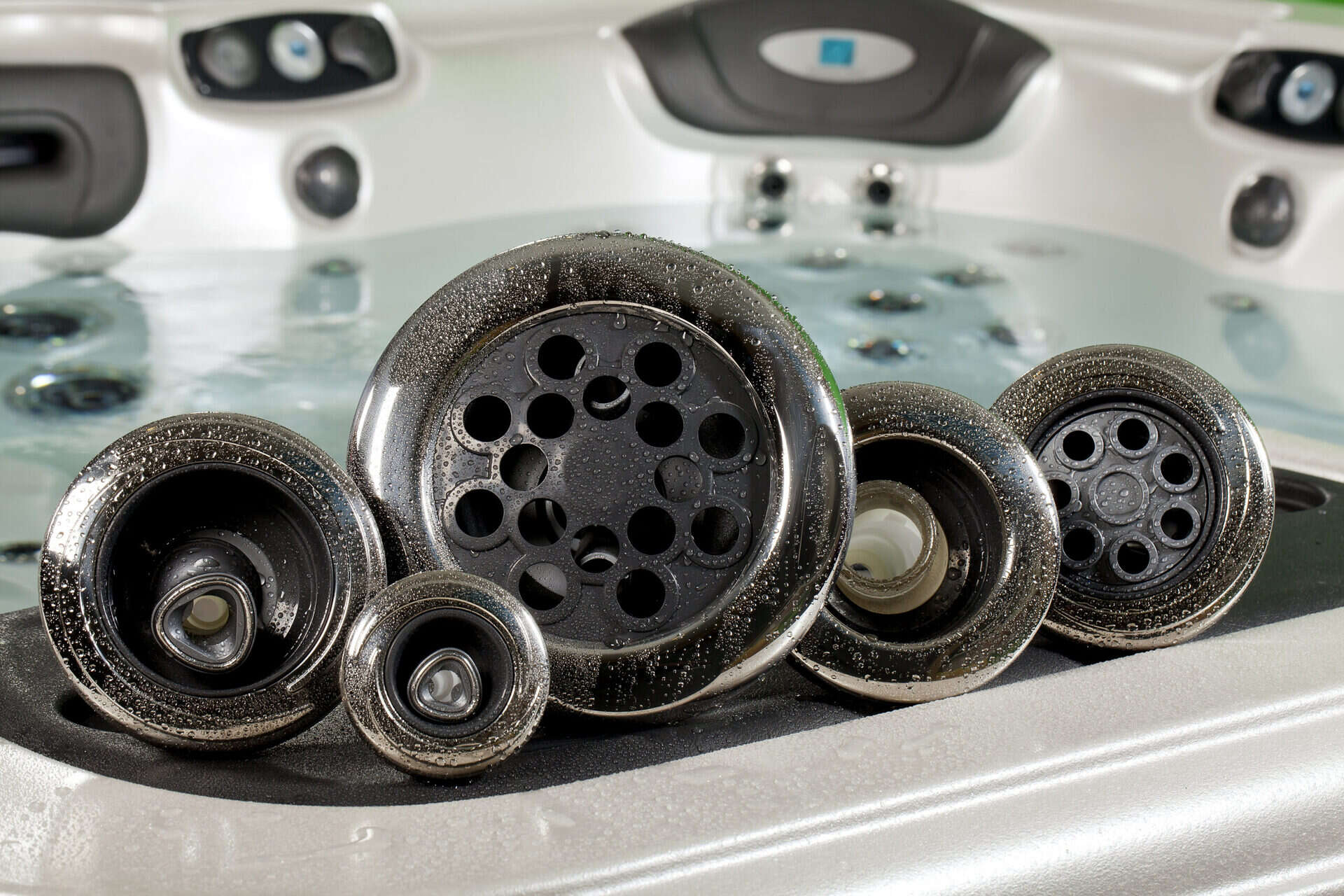
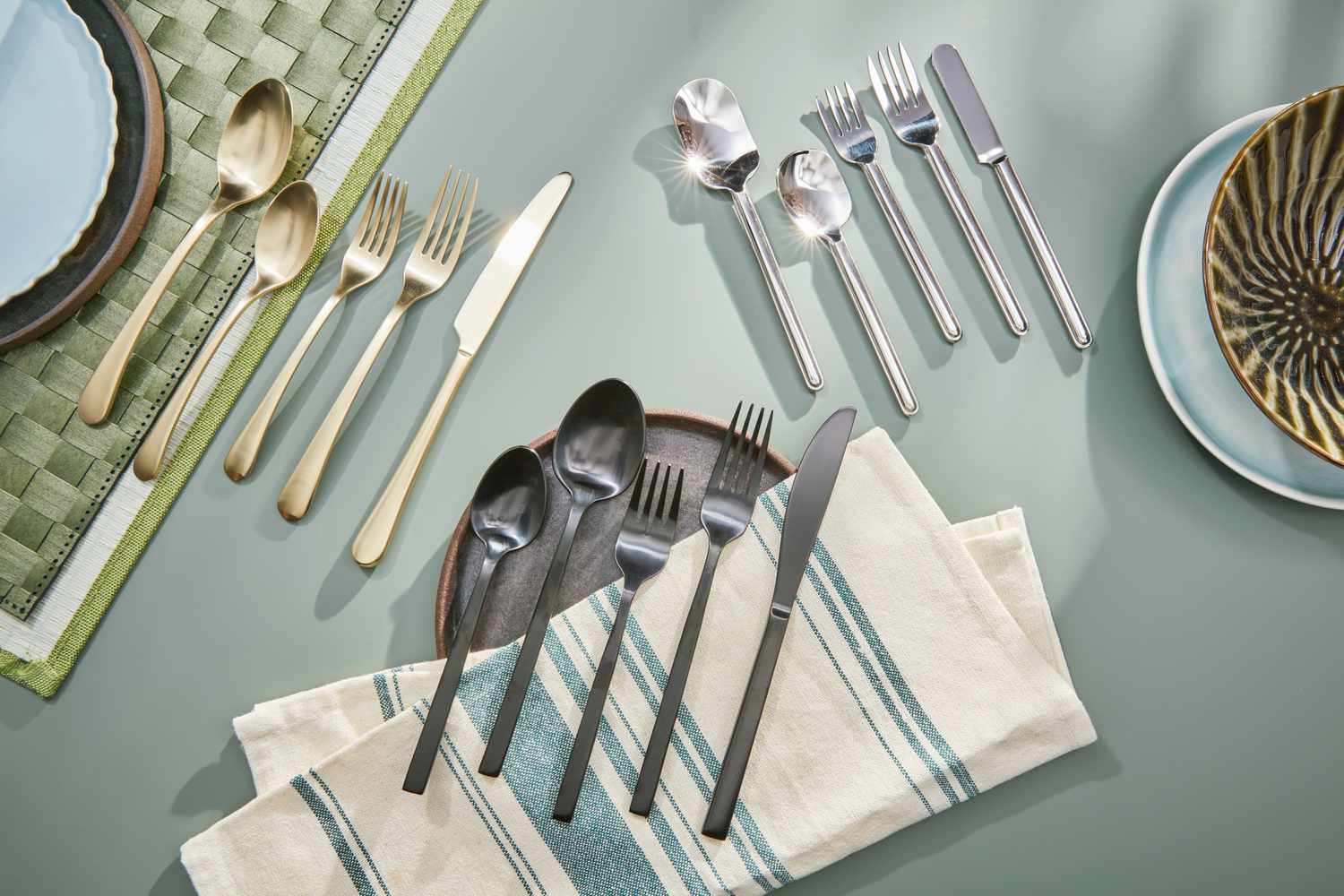
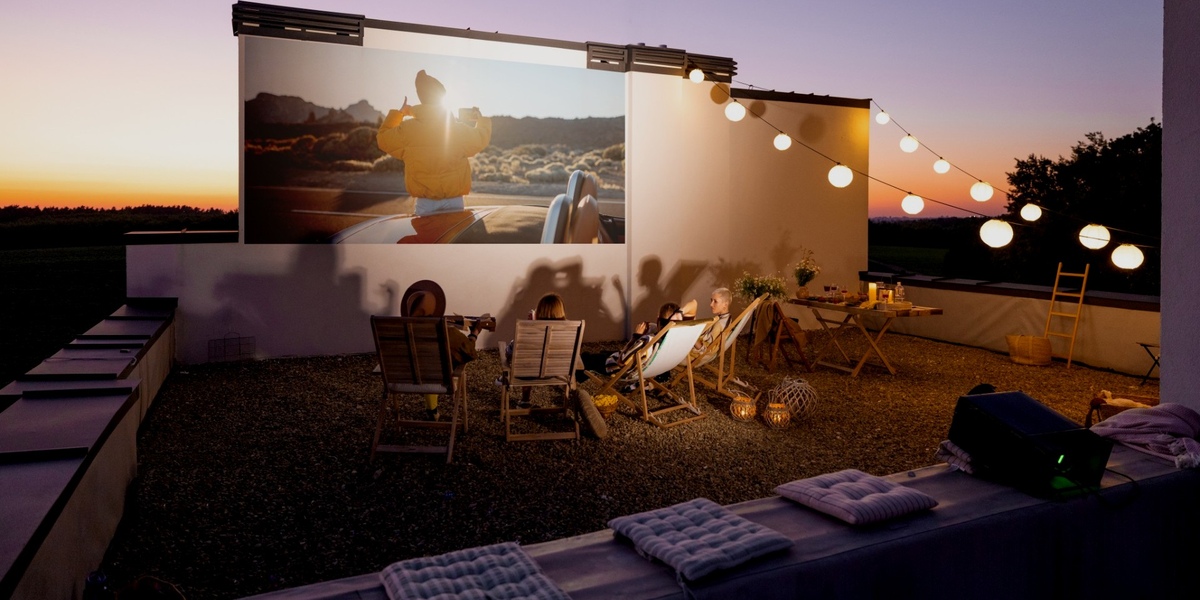
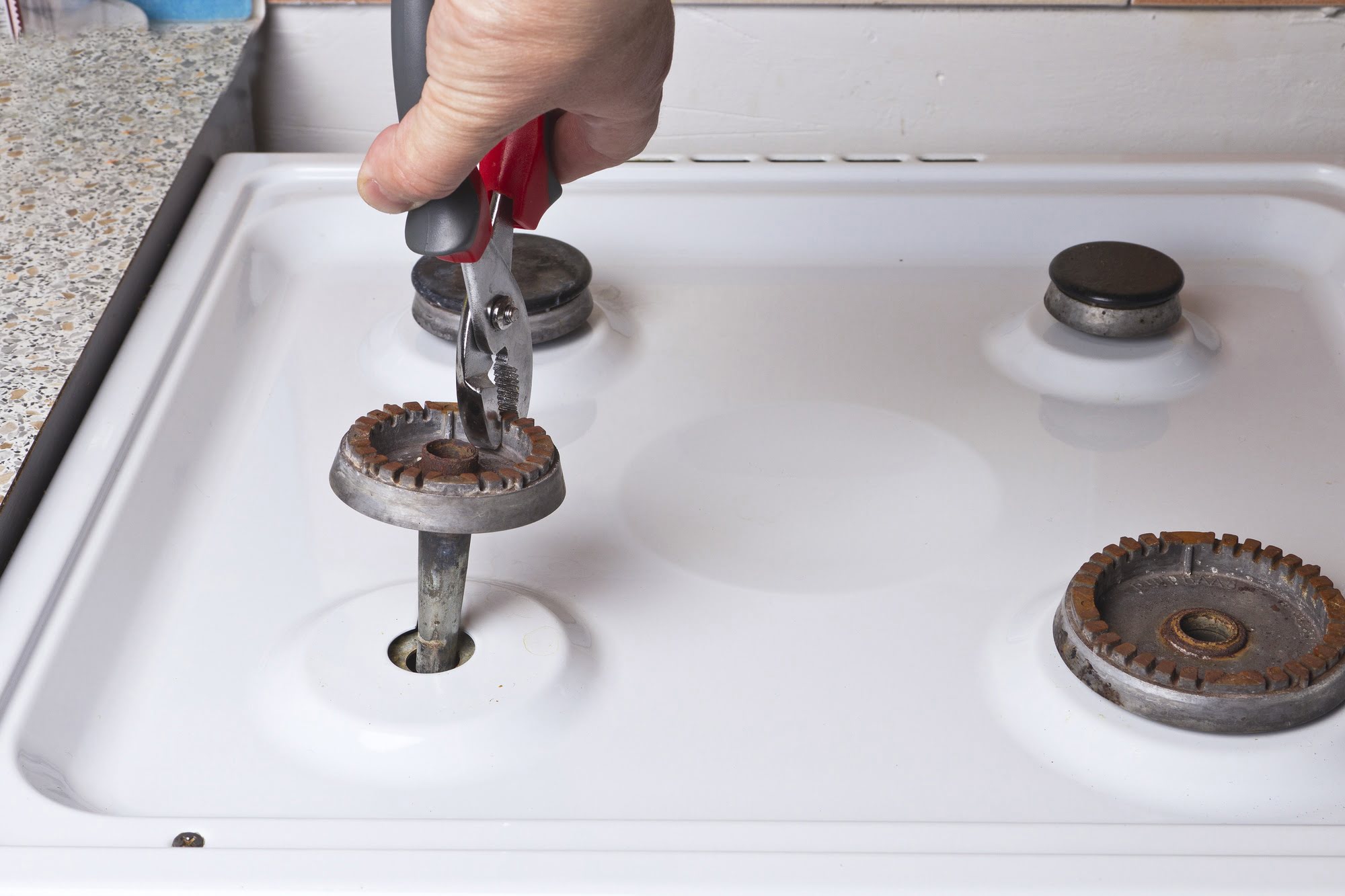
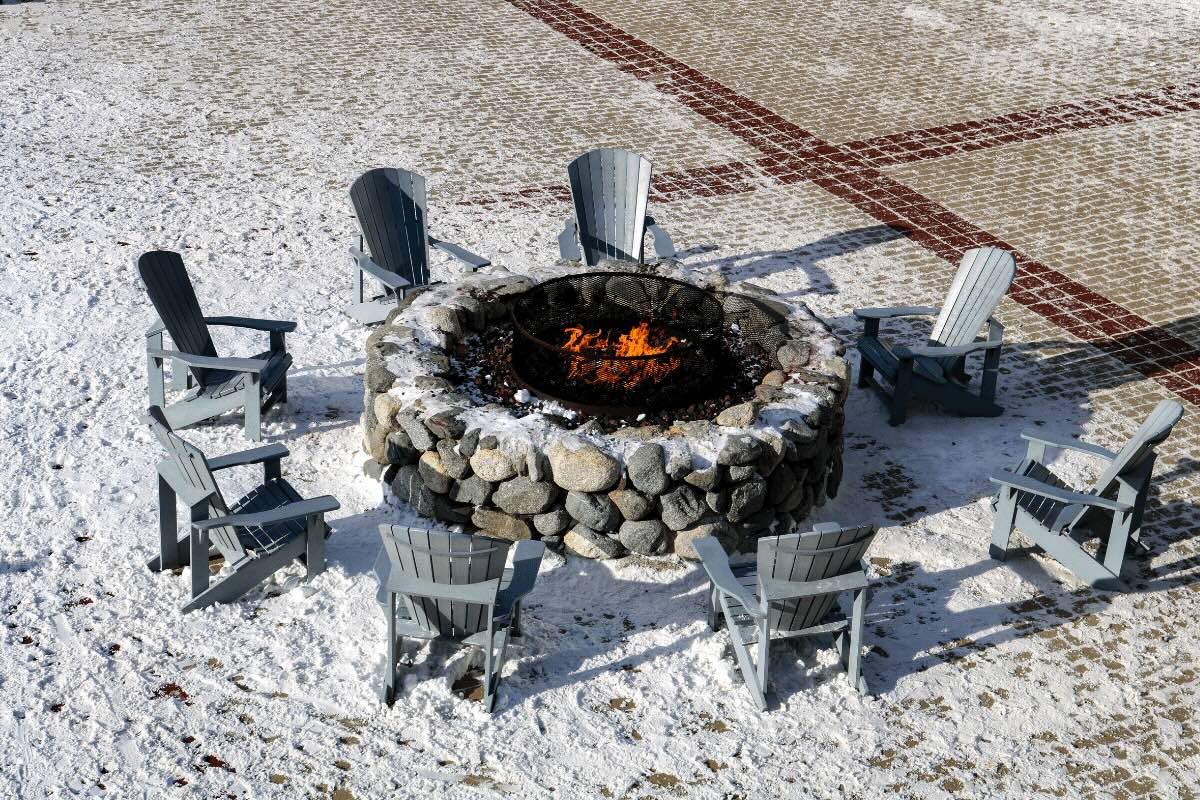
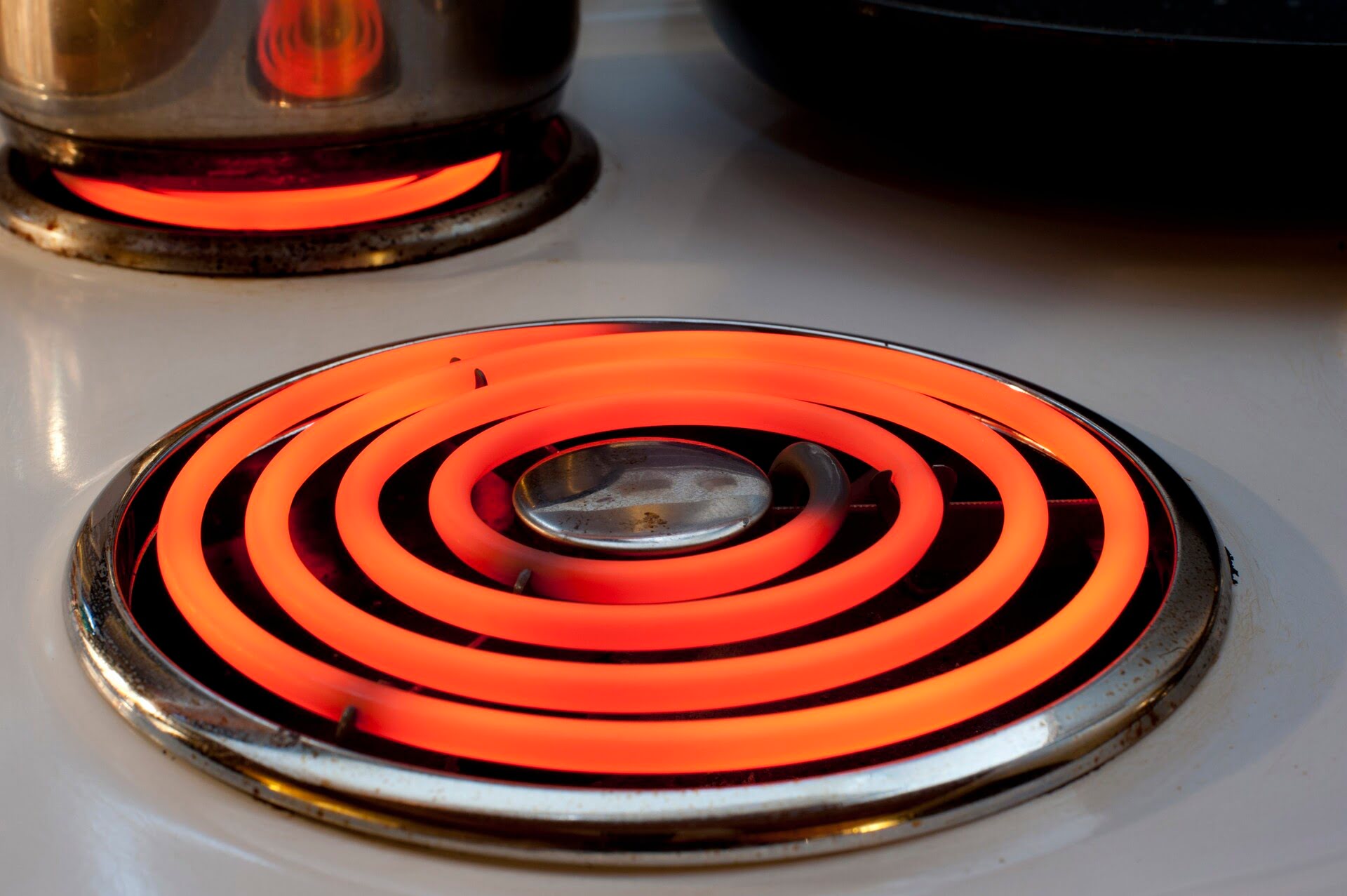
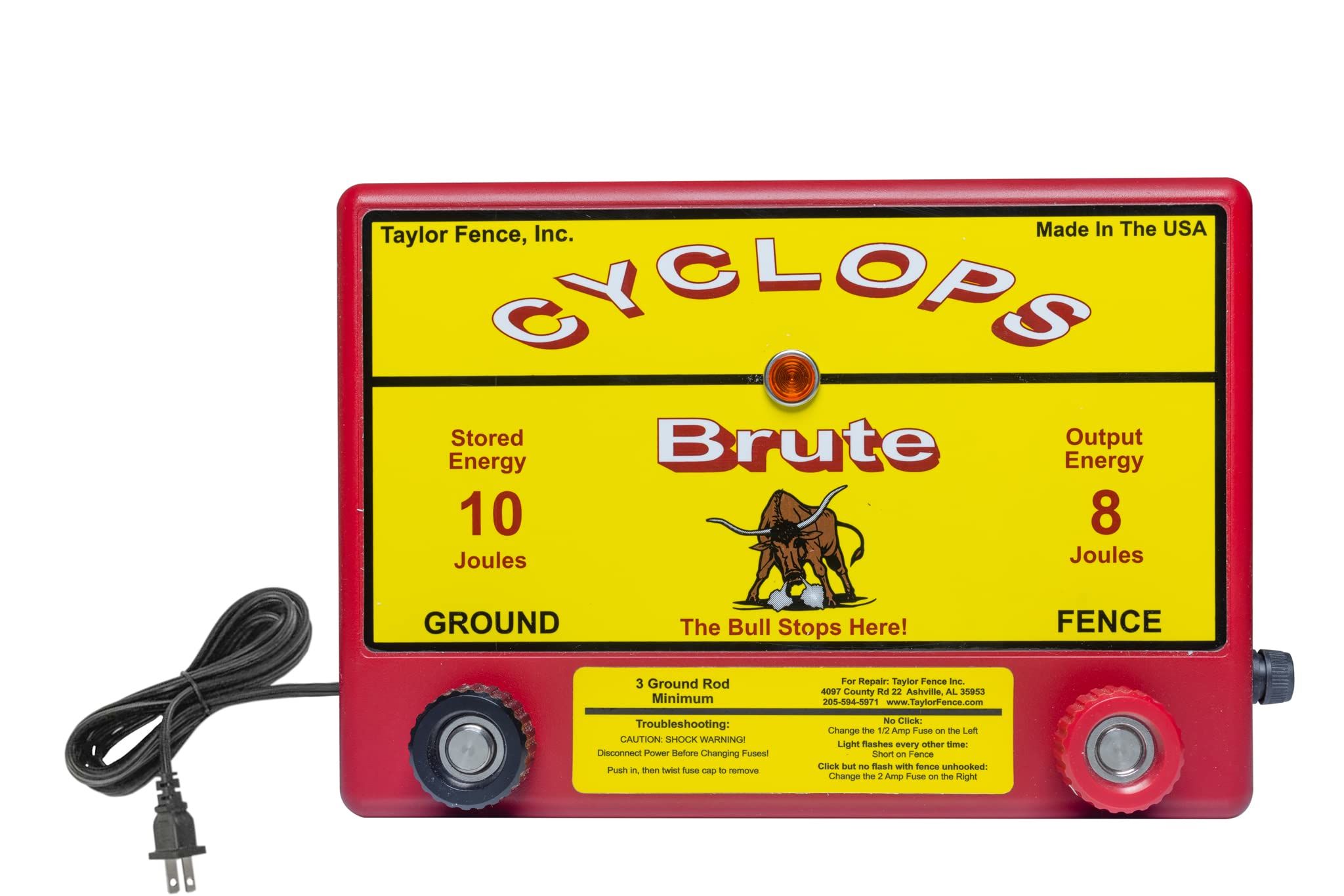


0 thoughts on “How Many BTU Should Stove Burners Have”